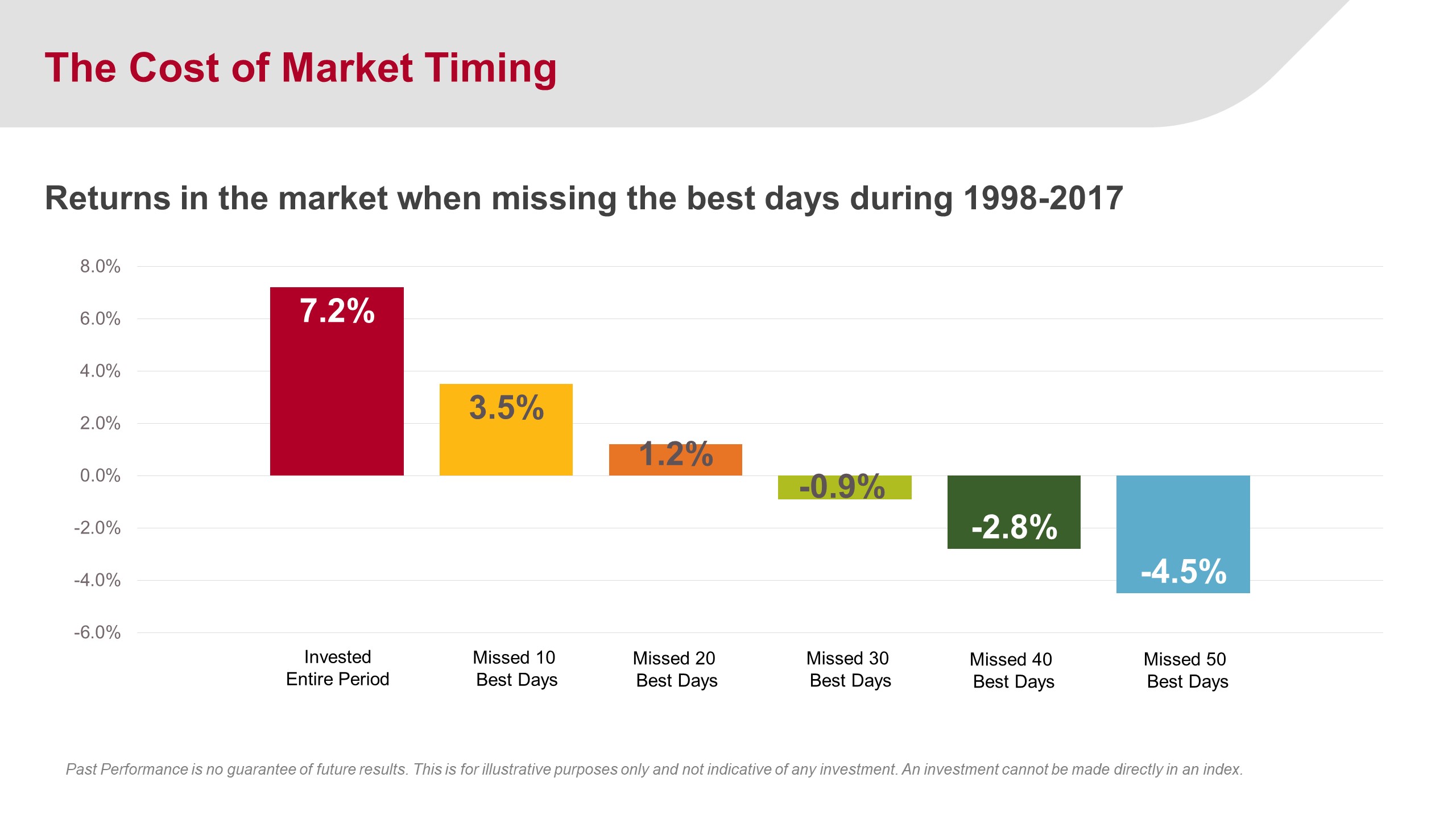
Financial wellness programs empower employees
Companies embracing education as half of adults report feeling “financially anxious”
An employee who works on the line at a manufacturing facility isn't sure he'll be able to retire before 70. A retail worker in her 50s doesn't see a light at the end of the tunnel as to when she won't need to work on her feet all day. A nonprofit case worker strives to support her clients all day but is unsure if she will be able to comfortably retire after a career of serving others.
Employees in all industries across the country are overwhelmed by the prospect of saving enough money to retire—in fact 53% of adults in a recent survey reported feeling "financially anxious," with younger respondents reporting even higher levels of stress.
"Many workers haven't calculated what they'll need in retirement," said Brandy Marion, Institutional Wealth education manager at BOK Financial®. "We have been focusing tools and education around identifying those targets. It seems that employers may have introduced the financial concepts their employees should be aware of, but they haven't always encouraged people to dig deeper, and that's leading to higher levels of stress."
Marion attributes much of stress younger workers are experiencing to lingering student loan debt. "Millennials and Gen Z are often more comfortable using the tools and resources to understand their retirement targets, but they panic when they see the numbers because they can't fathom how they'll dig out from under their student debt."
What can employers do?
Another survey found that 88% of companies offering financial wellness programs say their workforce reported less stress, and nearly half say the pandemic increased their prioritization of financial wellness.
"A holistic look at financial wellness, including employee education, is key for retirement plan sponsors to support their people," said Marion.
Financial challenges can be crippling for employees, often creating distractions that take them away from doing their best work, she said.
A BOK Financial nonprofit client with a dispersed workforce imbedded in schools across an Oklahoma community recently shifted their approach with tremendous success. They originally requested onboarding with a mass communication approach including emails, brochures and printed materials, but were disappointed with initial enrollment rates. After looking more closely at the makeup of the potential plan participants, the BOK Financial team suggested a more interactive approach.
"By shifting to educational sessions offered on-location after school at a time that did not interrupt their day, we saw a tremendous increase in response to the program generating 80% participation," said Marion. "The employer could have sent brochure after brochure, but the proactive education sessions along with an invitation to participate in the plan met the employees where they were."
Financial literacy can be intimidating, especially when delivered solely at a conceptual level.
"It's remarkable to see participants' eyes light up when they have an 'ah ha' moment—when they understand a concept they may not have had any handle on prior to that presentation," said Marion.
Employers are taking note, especially now. Ramsey SmartDollar research findings showed that nearly half of employers report that the pandemic increased the priority for a focus on financial wellness.
"We are seeing an increasing trend for plan sponsors to put a concentrated effort on the wellbeing of the employee from a financial perspective," said Ken Etheredge, director of BOK Financial Retirement Plans and Asset Services. "Plan sponsors are looking at a holistic approach to education, and the need has definitely been amplified by the pandemic."
In the details
During the early days of COVID-19 pandemic, 401(k) balances plummeted. In addition, nearly 30% of people decreased their retirement contributions citing loss of income or fear of losing their income.
When equity markets declined 34% in 33 days in spring 2020, some panicked and may have missed the boat on a 50% valuation increase over the next few months.
"It's often impossible to explain market activities until long after the dust has settled," said Marion. "That's why it's a good idea to take day-to-day market events in stride and stay focused on your long-term objectives. Plan participants have to hear this same message over and over."
Market cycles play out against a variety of factors from economic events to social and political events. In presentations to BOK Financial's Start Right plan participants, Marion emphasizes understanding the basics:
- Every investment has risks—even cash
- Diversification is often misunderstood
- People get nervous about volatility
One way to illustrate a long-term approach is the review of results based on missing the best days in the market. If employees are not participating at all or are changing allocations on the fly as the market moves up and down, they could lose out on significant earnings in their portfolio.

Interest in financial literacy continues to climb, especially as things like market volatility and stimulus programs introduce new variables into our financial situation.
"Some of our educational sessions address questions on what's happening with the markets," Etheredge said. "But, it's even more useful for participants to speak with an advisor to discuss their own situation."
A financially empowered workforce
The pandemic and resulting economic uncertainty has amplified the threat of being unable to cover an emergency expense, which is often correlated to low levels of financial literacy.
Employers are being challenged to provide employees with the knowledge and tools to embrace their financial situation.
"I consistently hear from HR and employee benefits managers that they're getting questions about an array of topics related to financial wellness beyond retirement planning," said Anthony Phillips, national sales director with BOK Financial Retirement Plans and Asset Services.
Employers taking a comprehensive approach to financial literacy are likely to see decreased stress and more productive employees, said Phillips. "If you're able to help employees lower their stress around finances and planning for their future, you'll end up with increased engagement which ultimately enhances your bottom line."